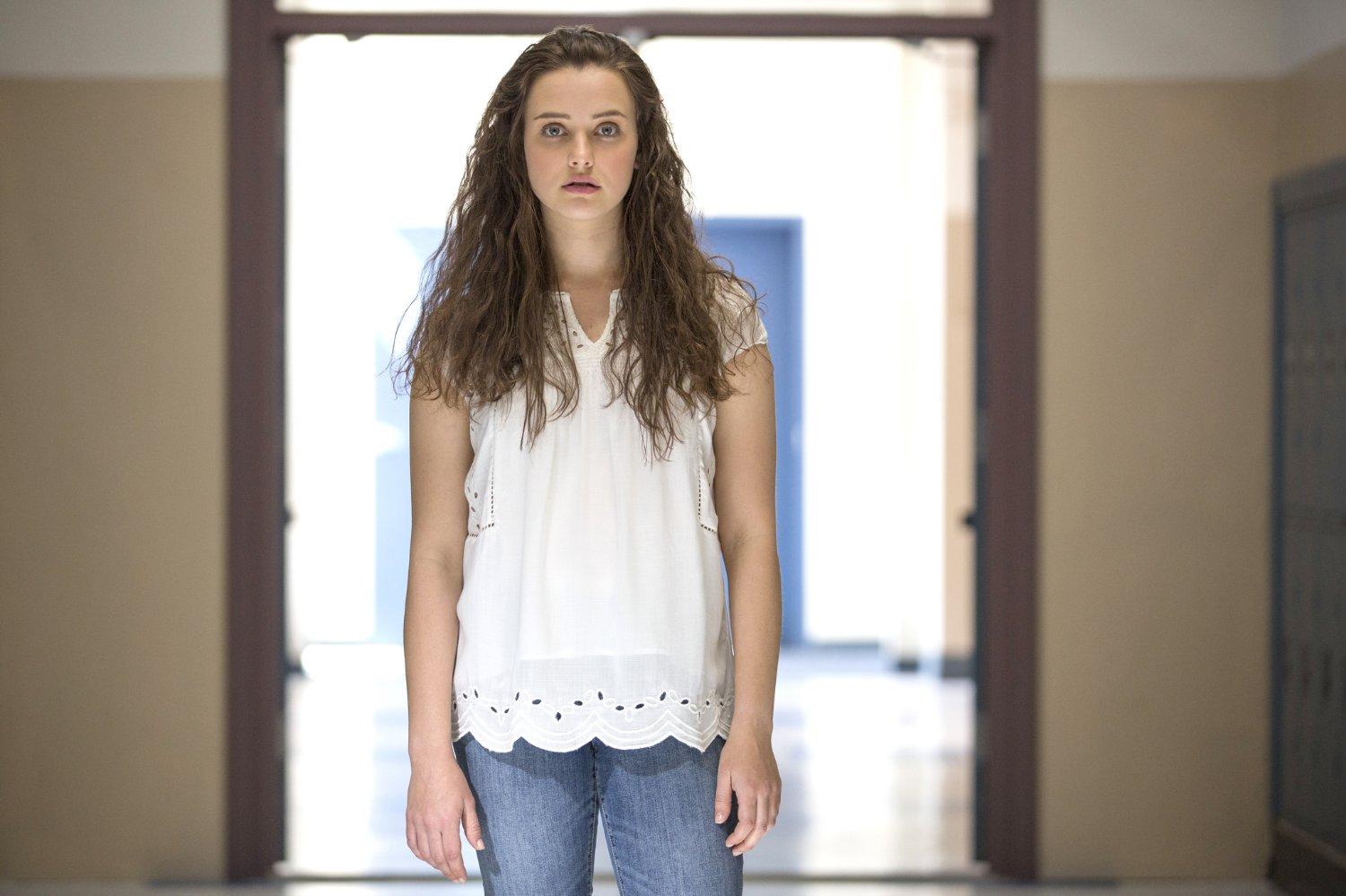The Netflix original “13 Reasons Why,” based on the teen fiction novel by Jay Asher, recently has been the most binge-watched show that is popular among college students and high schoolers alike. The show focuses on the life and death of Hannah Baker, who left seven tapes in the wake of her suicide to explain why she ultimately took her life. Her plan is to have these tapes circulate from person to person at her high school who she believed played a part in her death. These flashbacks from Hannah’s life are contrasted to the present day lawsuit brought forward by her parents to accuse the school for allowing Hannah to be bullied.
Since the show’s release, many have come out to say that it creates an unfair portrayal of suicide, even to the point of romanticizing the act. A recent BuzzFeed article discusses how the show brings awareness to an incredibly important topic, but how this could be potentially dangerous. For viewers who are contemplating suicide, “13 Reasons Why” could pose a risk. The overarching messages from the show seem to be that the small things can add up to a lot of hurt for one person, and we should pay more attention to how we treat people. But this plot becomes more of a revenge story than one that asks us to reflect.
In short, Hannah recorded these tapes to tell the people who wronged her how they contributed to her suicide. She wanted them to acknowledge their part and feel guilt for the pain they caused her. That’s what makes this show a “revenge fantasy.” Rather than focusing on how to prevent suicide and see the signs, which the show admittedly does address, “13 Reasons Why” revolves around the negative impacts of these tapes. Not every person who received the tapes were intentionally mean to Hannah, yet their lives may be ruined because of the tapes. This isn’t to victimize her bullies but to address a broader worry. Younger audiences may be convinced that the only justice that comes from bullying would be to end your own life and put the blame on others. The program puts every reason, all of the fault, onto other people instead of explaining Hannah’s mental state.
The television adaptation does not properly address mental health, or even mention it at all in relation to Hannah. According to Suicide.org, more than 90 percent of people who committed suicide have mental health issues. Yet the closest we get to Hannah’s mentality is that she’s lonely. There’s no direct mention of untreated depression, which is the leading cause of suicide, and anxiety is only brought up for Clay Jensen’s treatment. The show gives people who are struggling with bullying or loneliness the sense that it is enough to take your own life. It wouldn’t be fair to say that everyone who has been bullied or sexually abused attempts to commit suicide. Hannah vividly described scenes in the tapes she left, but she rarely delves into the emotions behind her final action.
While “13 Reasons Why” is told from Clay’s perspective, all of the flashbacks are told in Hannah’s voice. Her presence is constant throughout the show, though by the time the narrative of the show starts, she is already dead. The show ignores the finality of death. The back-and-forth of flashbacks and real life makes the audience feel like she’s still influencing those who hurt her. People who commit suicide don’t watch people react, they don’t know the aftermath of their actions, and they will never know how their death influences those who loved them.
This isn’t to say that “13 Reasons Why” glorifies suicide, as many scenes are purposefully incorporated to show how suicide can wreck the lives of those left behind. Hannah’s death scene is incredibly powerful because the producers were not afraid to show how isolating and painful the act of suicide can be. Her parents’ reactions to finding her body proves how her death affected loved ones and what she left behind. The show fully attempts to make suicide a last resort and completely undesirable. The struggle the audience sees for Hannah’s parents and Clay shows how much she had to live for.
Though this show might not portray suicide correctly and romanticize the aftermath, no show could ever do it right. Television at its core is meant to be a form of entertainment, and while using suicide to create entertainment leaves a bad taste in the mouths of many, it’s important that “13 Reasons Why” is bringing awareness to topics of bullying, rape and suicide. There isn’t a correct way to portray suicide that won’t offend people. The fact that this show exists, though, it important. With criticism comes with compliments, and this show does open the conversation on how to prevent teen suicide. There’s no perfect, step-by-step way to solve the problem, and no TV show could ever create one, but it’s good that people are talking about it. Producers may have gone about this topic in a problematic way, but the conversation and critiques are highly relevant.























































































































Timothy Daniel • Apr 24, 2017 at 1:58 am
After watching just an episode and a half, I am already disappointed. What could have been a deeper look into the mind of a troubled teenager’s mind and heart that could cause her to do such a thing, this series instead plays the blame game. You made me do it, he made me do it, she made me do it. No. You did it and you are trying to take us down with you. I am married to a person with a mental illness who has attempted suicide on more than one occasion. I know what I am talking about. So don’t throw this garbage at me.